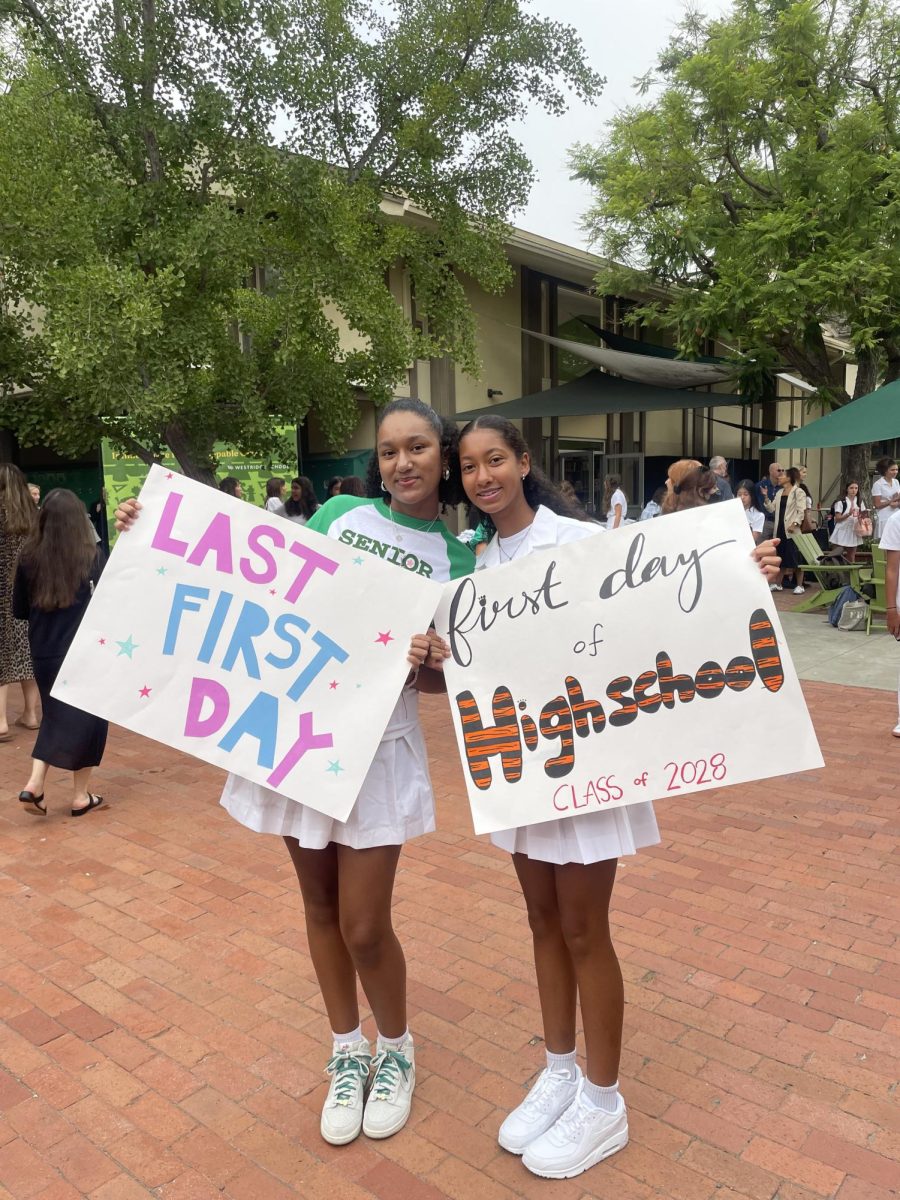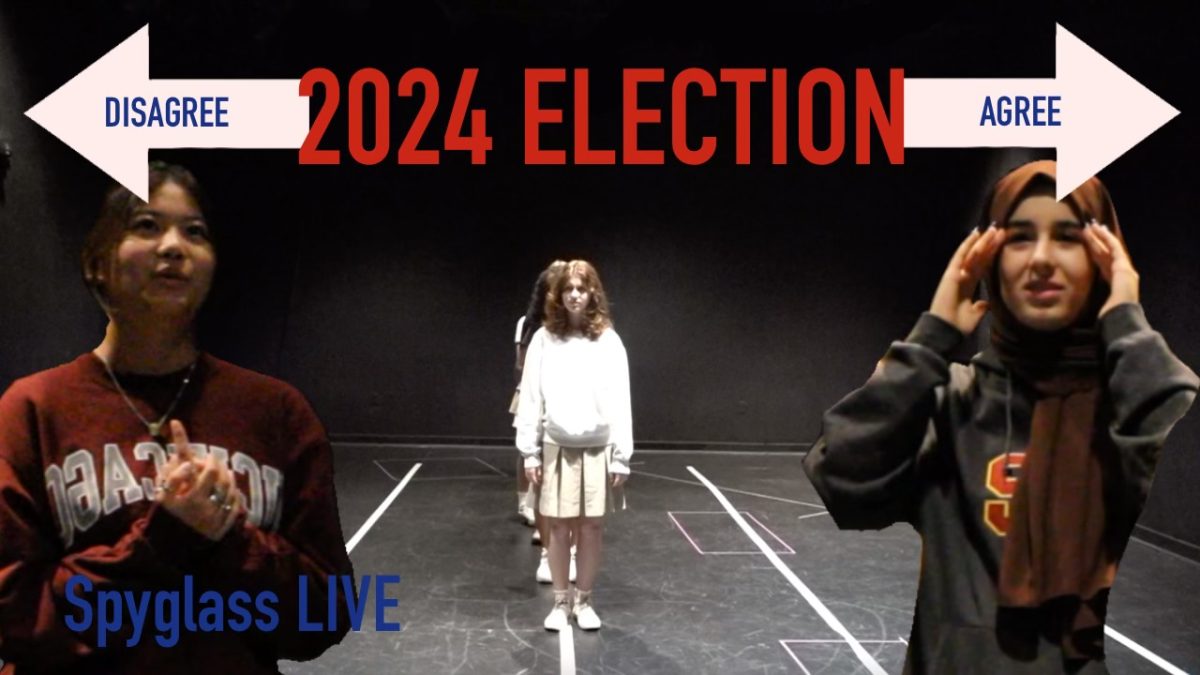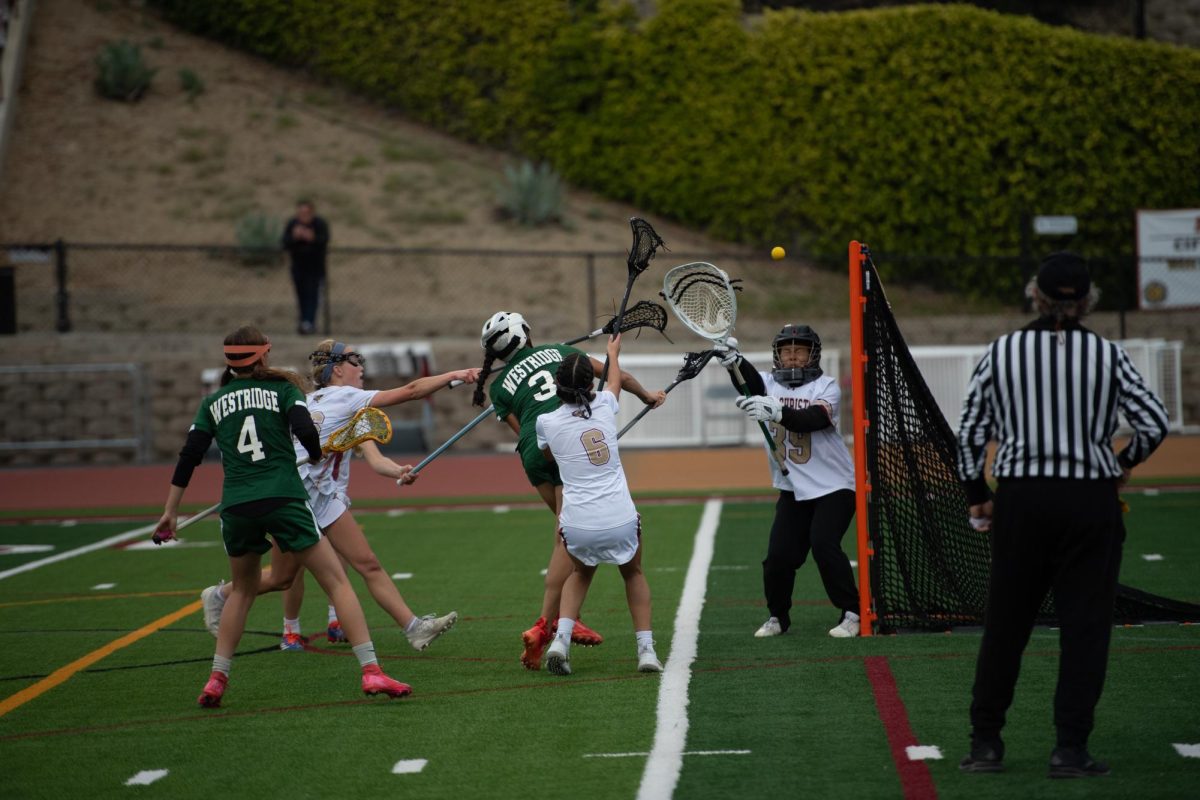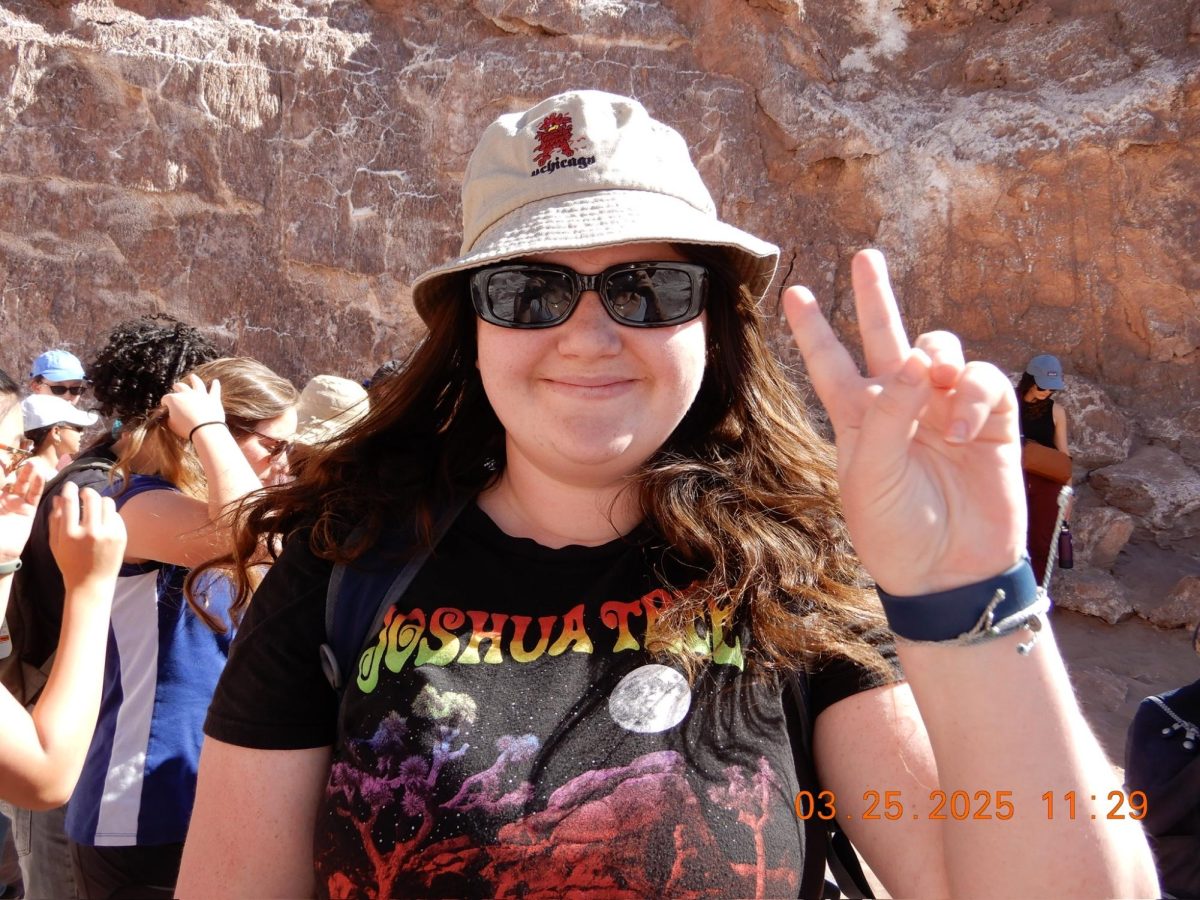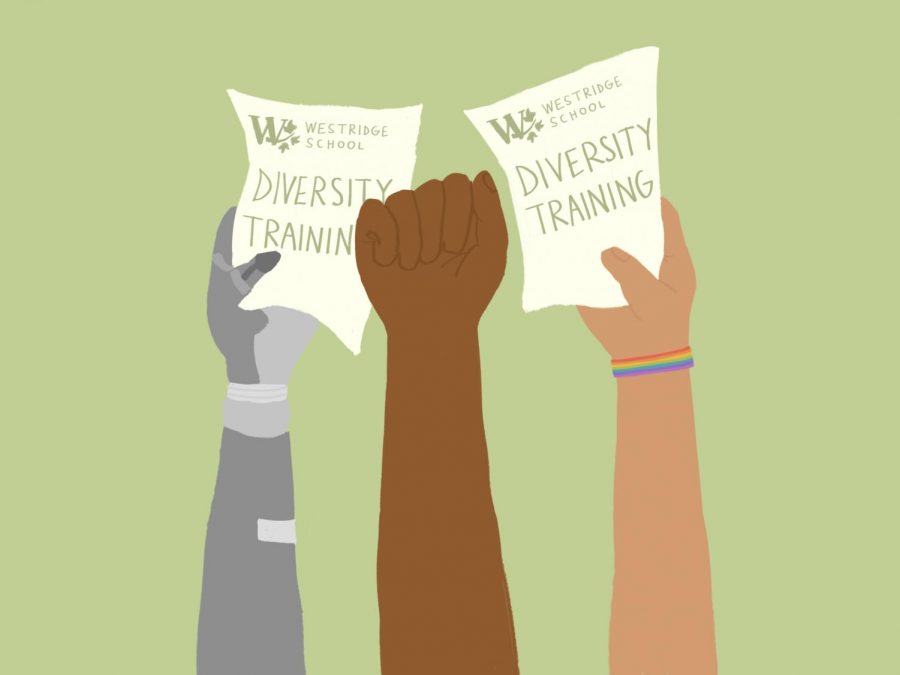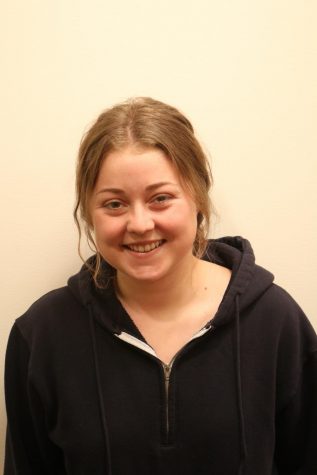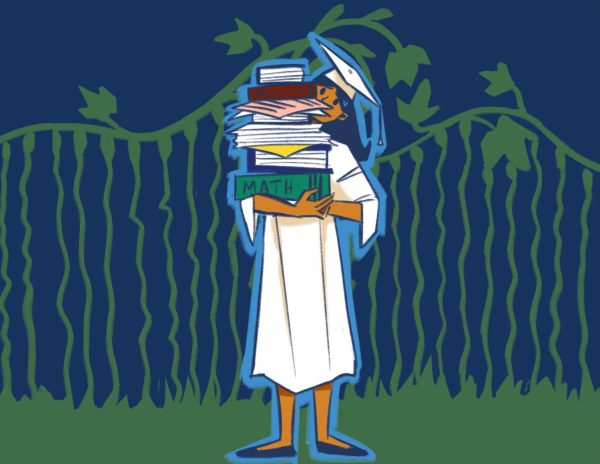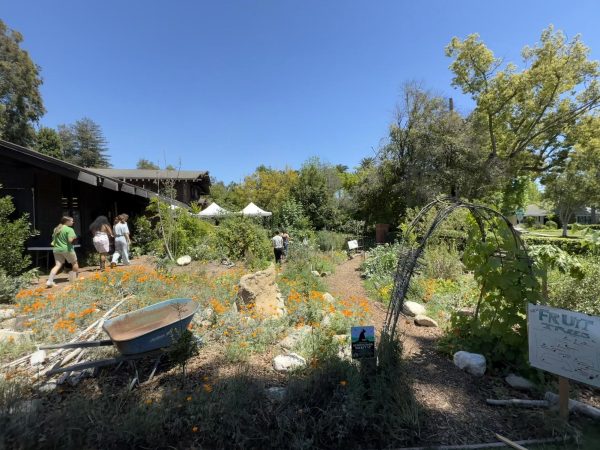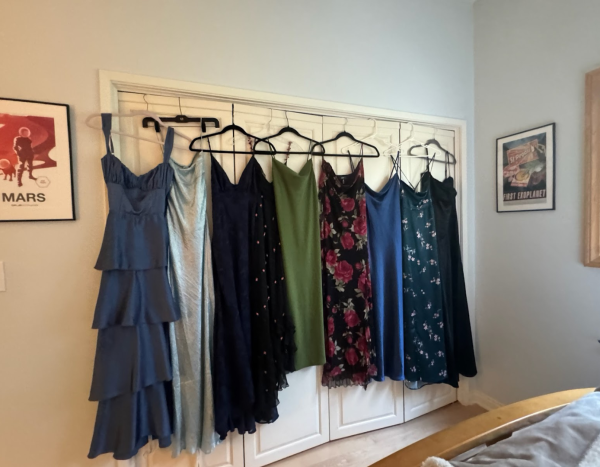The Faculty and Staff’s New Efforts Towards a More Diversity-Responsive Campus
Before the 2019-2020 school year, Westridge received an anonymous grant from an alumna specifically for improving diversity on campus. The first step of the grant was bringing in Elizabeth Denevi, the director of East Ed: Eastern Educational Resource Collaborative, for a diversity, equity, and inclusion (DEI) training with the faculty and staff. During the October 2019 training, faculty and staff focused on establishing a common language and starting to access Westridge’s current school culture. The administration hopes that with the training Westridge can begin to create a diversity-responsive curriculum, culture, and educators.
“It was really eye-opening because I feel like I am diversity, but to actually look at some of these other areas where diverse perspectives come into account such as the Big Eight that Elizabeth Denevi showed us. We’re no longer looking at not just racial diversity, but your socioeconomic status, your gender and how you express that gender, religious beliefs, and whether you have a disability or not,” explained Dr. Zanita Kelly, Director of Lower and Middle School.
During the training, faculty and staff addressed the Big Eight identifiers (race, ethnicity, socioeconomic status, religion, gender, sexuality, ability, and nationality) and did exercises to understand how each is a part of our specific community. One exercise involved selecting three of the Big Eight identifiers that impacts your life the most, and then the faculty and staff had to select three that they felt their partner would choose.
“The conversation got awkward once we had to choose for a partner because you felt like, ‘I don’t want to judge or determine how someone else defines themselves,’” commented Kelly. “But it was really interesting to speak with someone that is a colleague, but to use this lens of diversity to talk to them about how they move through the world and what impacts them of these Big Eight factors or descriptors of who you are as a human.”
As well as the training, there is a DEI task force that consists of Dr. Zanita Kelly; Zoe Munoz, Human Development Coordinator and Dean of Student Voices; and Regina Wei, Human Development Teacher and Dean of Student Voices. The DEI task force is responsible for developing goals for an anti-bias education, ongoing training over the next two-three years, bringing parents into the conversation, as well as reviewing the curriculum.
“Diversity is about more than what kids and faculty bring through the door,” said Gary Baldwin, Director of the Upper School. “It is about creating a community where those conversations can happen, people from all different backgrounds feel supported and feel as those they see themselves as a part of this community and not as an outsider, and all the different kinds of work and thinking you have to do to make it the case.”
Currently, the curriculum is under review throughout every level of the school and all subjects. The goal is to have all voices represented within the curriculum and one way the administration sees this being done is by building upon what was taught in previous years. By doing this, any gaps within our classes can be addressed, and we can make our curriculum more responsive and representative of history.
“We’re looking at how we can create a more diversity-responsive curriculum. A valuable way to do this is to think of windows and mirrors. Faculty think about how they can use materials that represent diverse and multiple perspectives to help their students enter into the curriculum and see themselves reflected in what they’re learning, leading to more in-depth understanding and engagement,” explained Elizabeth McGregor, Head of School.
Another aspect of the curriculum under review is grading policies within the STEM courses to ensure that all students can have an equal chance in their classes.
“One thing that came out of the session that really stuck with me was grading for equity,” commented Laura Hatchman, Upper School Science Department Head. “Grading is inherently biased and we need to talk about how as teachers we can eliminate the bias in grading as much as possible.”
The admissions department is also working hard to expand their reach in order to allow students of all socio-economic and racial backgrounds equal chances at admission into Westridge. This year was the first year that Westridge Admissions attended the KIPP Fair, which is a chain of charter schools in the greater Los Angeles area. Westridge has also hosted the ABC (A Better Chance) Fair for the past two years on campus. A Better Chance is an organization that assists underrepresented students in applying to private schools.
“We want to make sure that these students who are perfectly capable of being a part of school can be. They may just not be aware that we are actually here,” said Sha’Trece Slaughter ‘10, Admissions Associate and Westridge alumna. “We are constantly thinking about how we can improve and reach much broader than our surrounding community.”
The training was just the first big step of years of planning and conversations around Westridge’s DEI efforts, and within the next five years we can expect to see the efforts within our community.
“Diversity is about more than what kids and faculty bring through the door. It is about creating a community where those conversations can happen, people from all different backgrounds feel supported and feel as those they see themselves as a part of this community and not as an outsider, and all the different kinds of work and thinking you have to do to make it the case.”




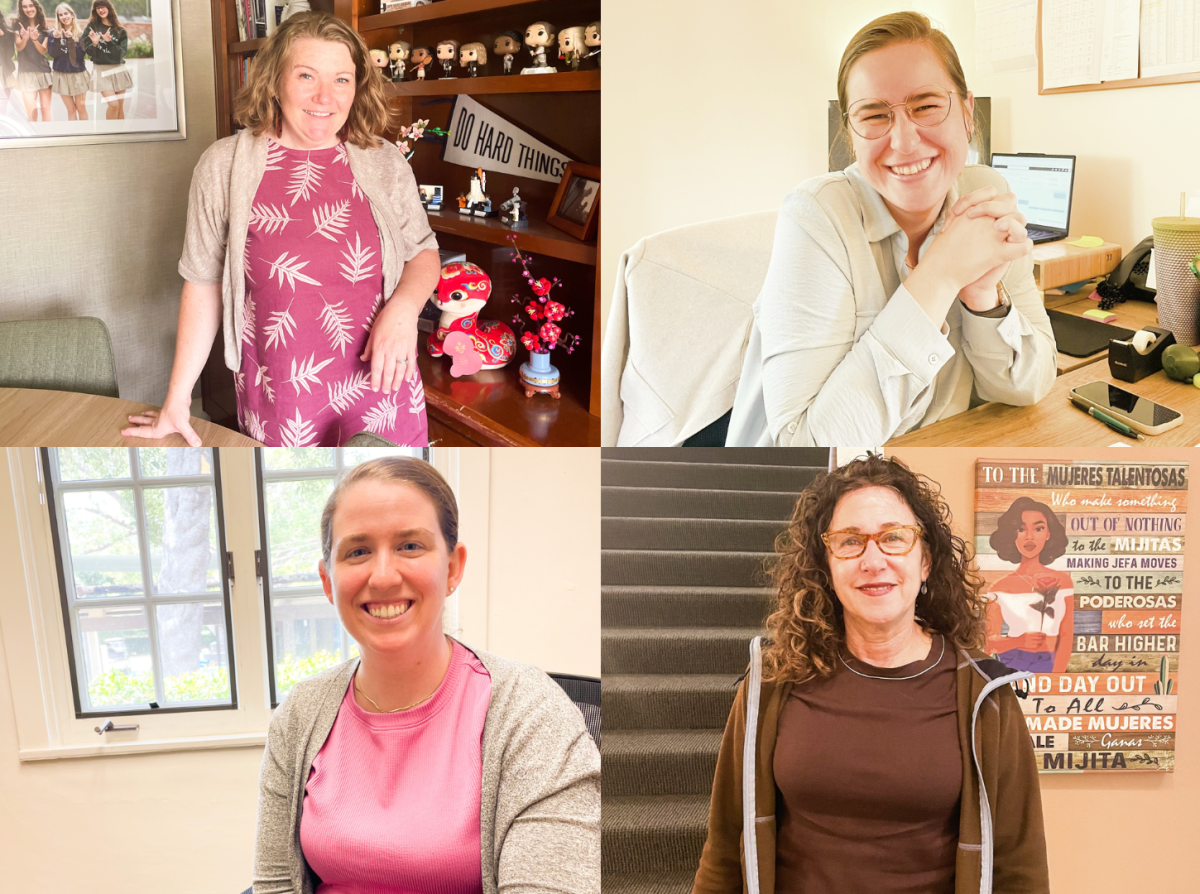
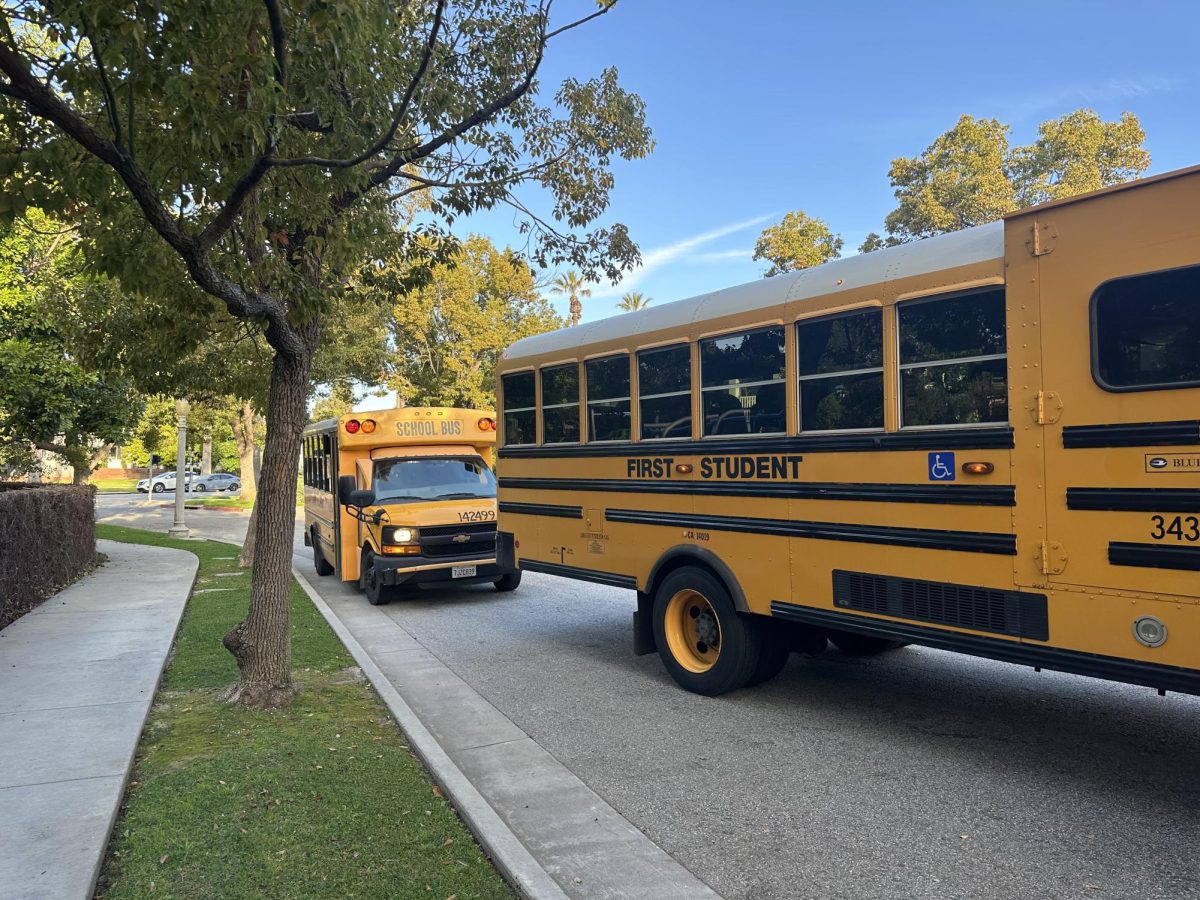


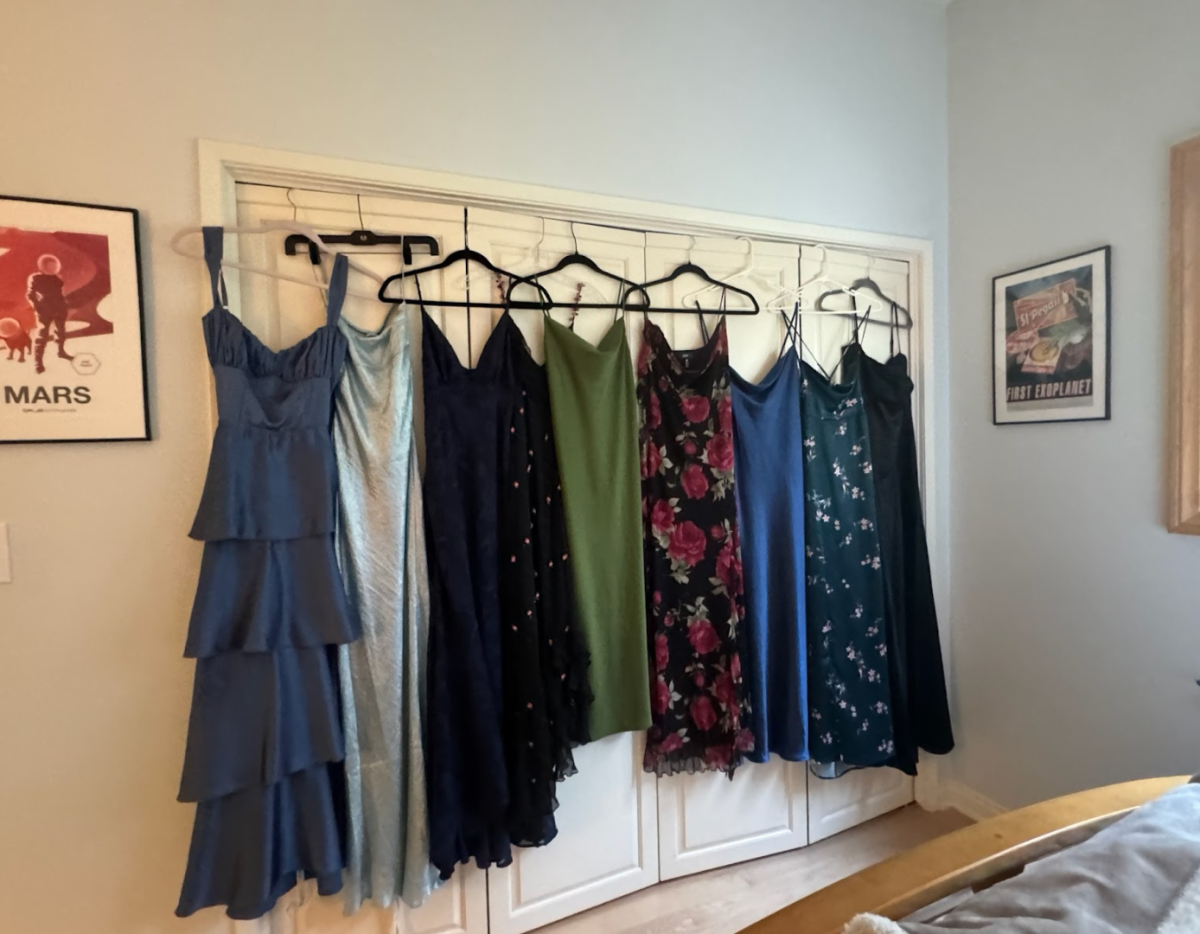








![Dr. Zanita Kelly, Director of Lower and Middle School, pictured above, and the rest of Westridge Administration were instrumental to providing Westridge faculty and staff the support they needed after the Eaton fire. "[Teachers] are part of the community," said Dr. Kelly. "Just like our families and students."](https://westridgespyglass.org/wp-content/uploads/2025/03/dr.-kellyyy-1-e1748143600809.png)








